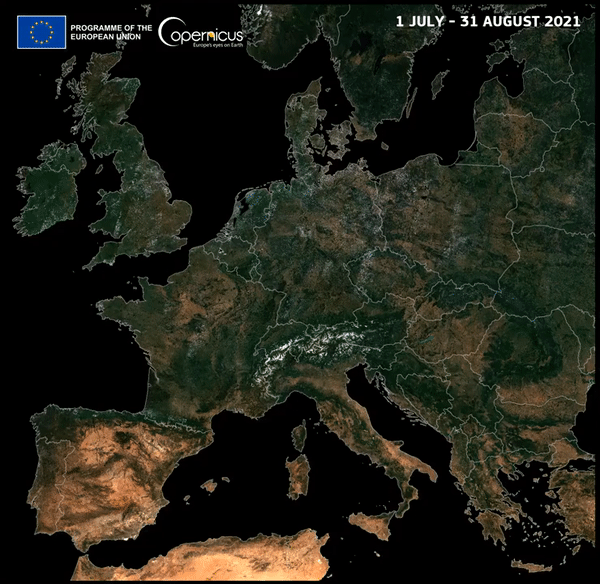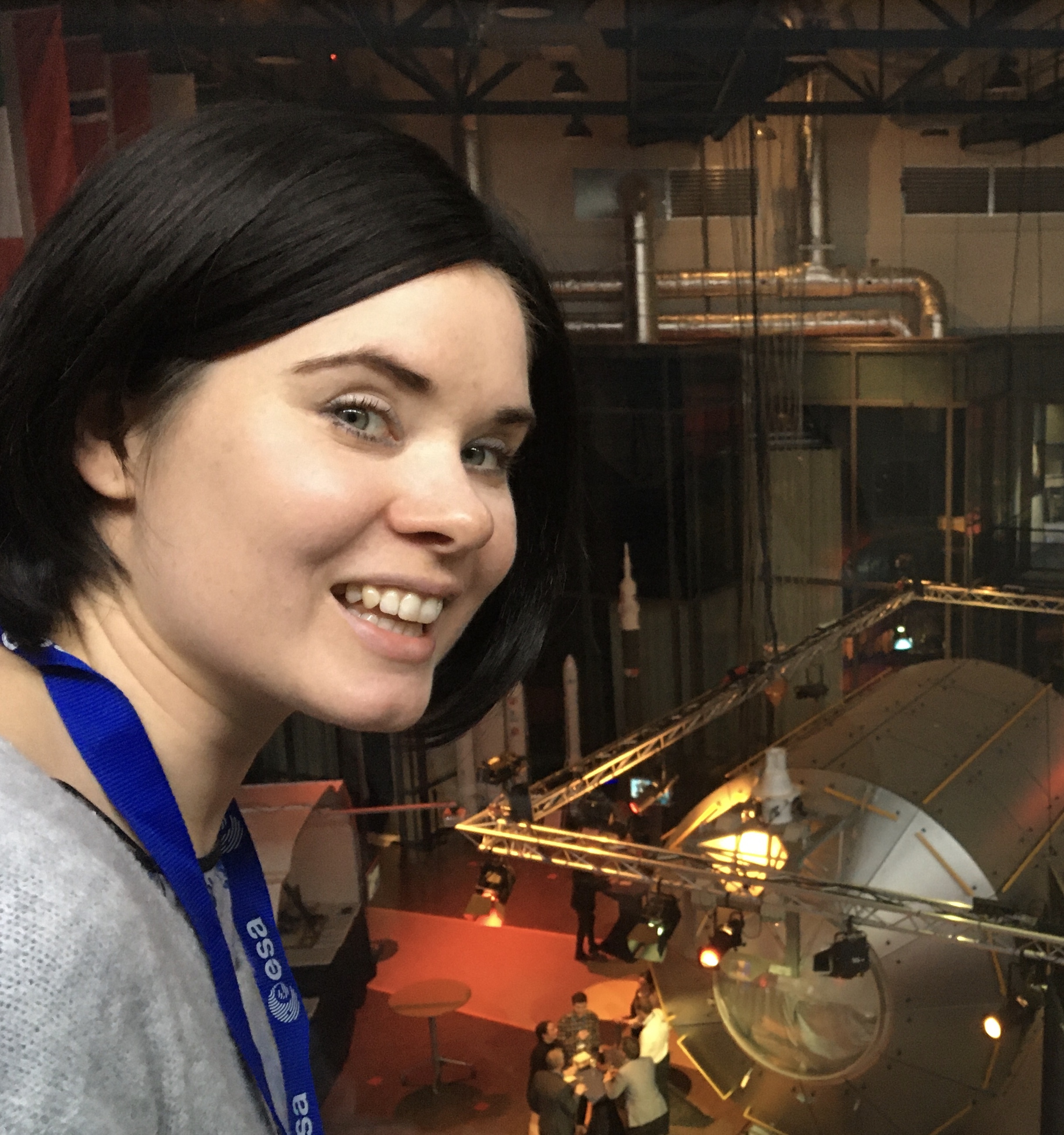Europe warming twice as fast as rest of the world, new report reveals
All European regions will warm by over 2 degrees Celsius regardless of greenhouse gas emissions reductions.

The European continent is bearing the brunt of climate change, warming at a rate that is twice as fast as the global average, a new report by the World Meteorological Organization (WMO) found.
The report analyzed 30 years' worth of data from 1991 onwards, revealing a disconcerting trend of speedy warming across Europe that is faster than the warming experienced by any other continent. Average temperatures in Europe were rising at a rate of 0.5 degrees Celsius (0.9 degrees Fahrenheit) per decade over the studied period, reaching an overall average of 2.2 degrees C (4 degrees F) above pre-industrial levels. That is way above the 1.5 degree C (2.7 degrees F) limit set by the international climatology community with the goal of minimizing devastating environmental effects of climate change.
The report, which was compiled in cooperation with the European Earth-observation program Copernicus, stated that Europeans are already feeling the pinch of this warming. According to estimates, the summer of 2022 was the driest in 500 years, with widespread water shortage and wildfires affecting even those nations that are usually accustomed to wetter summers.
Related: Europe is warming faster than the rest of the world and scientists are puzzled
Alpine glaciers lost about one hundred feet (30 meters) in ice thickness from 1997 to 2021 as a result of the warming, according to the report. In 2021 alone, weather related disasters, mostly related to floods and storms, caused damages worth $50 billion across all European countries.
"Europe presents a live picture of a warming world and reminds us that even well-prepared societies are not safe from impacts of extreme weather events," Petteri Taalas, the WMO Secretary-General, said in a Copernicus statement accompanying the report. "This year, like 2021, large parts of Europe have been affected by extensive heatwaves and drought, fuelling wildfires. In 2021, exceptional floods caused death and devastation."
Scientists don't know exactly why Europe is warming so fast, Samantha Burgess, deputy director for climate change services at Copernicus told Space.com in a previous interview. The fast-paced warming may have something to do with the proximity of the Arctic, which is by far the world's fastest warming region.
Get the Space.com Newsletter
Breaking space news, the latest updates on rocket launches, skywatching events and more!
"We know that the Arctic is warming about three times faster than the global average rate," Burgess told Space.com last year. "It's already 3 degrees C [5.4 degrees F] warmer than in the pre-industrial times. It is quite complicated to unpick the scientific reasons behind why the warming is happening so much faster there."
The Arctic warming, which may be spilling over into Europe, may have something to do with changes to Earth's albedo, its ability to reflect sunlight, which is different for ice-covered and water-covered surfaces. While ice acts like a mirror, reflecting the vast majority of the incoming radiation away from the surface, the water pools that form on the thawing ice as a result of the progressing warming absorb heat, causing further warming. Antarctica, likely due to its underlying land mass, seems to be better protected from the worst of this effect, Burgess said.
The new WMO report states that regardless of emission reduction efforts, temperatures in all regions of Europe will continue to rise at a rate higher than the global average.
"The frequency and intensity of hot extremes, including marine heatwaves, have increased in recent decades and are projected to keep increasing regardless of the greenhouse gas emissions scenario," Copernicus said in the statement. "Critical thresholds relevant for ecosystems and humans are projected to be exceeded for global warming of 2 degrees C [3.6 degrees F] and higher."
The good news is that Europe is also leading the way in greenhouse gas emission mitigation efforts. Across the European Union, greenhouse gas emissions decreased by 31% between 1990 and 2020, with a net 55% reduction target for 2030, according to the statement.
Follow Tereza Pultarova on Twitter @TerezaPultarova. Follow us on Twitter @Spacedotcom and on Facebook.
Join our Space Forums to keep talking space on the latest missions, night sky and more! And if you have a news tip, correction or comment, let us know at: community@space.com.

Tereza is a London-based science and technology journalist, aspiring fiction writer and amateur gymnast. Originally from Prague, the Czech Republic, she spent the first seven years of her career working as a reporter, script-writer and presenter for various TV programmes of the Czech Public Service Television. She later took a career break to pursue further education and added a Master's in Science from the International Space University, France, to her Bachelor's in Journalism and Master's in Cultural Anthropology from Prague's Charles University. She worked as a reporter at the Engineering and Technology magazine, freelanced for a range of publications including Live Science, Space.com, Professional Engineering, Via Satellite and Space News and served as a maternity cover science editor at the European Space Agency.
Most Popular

